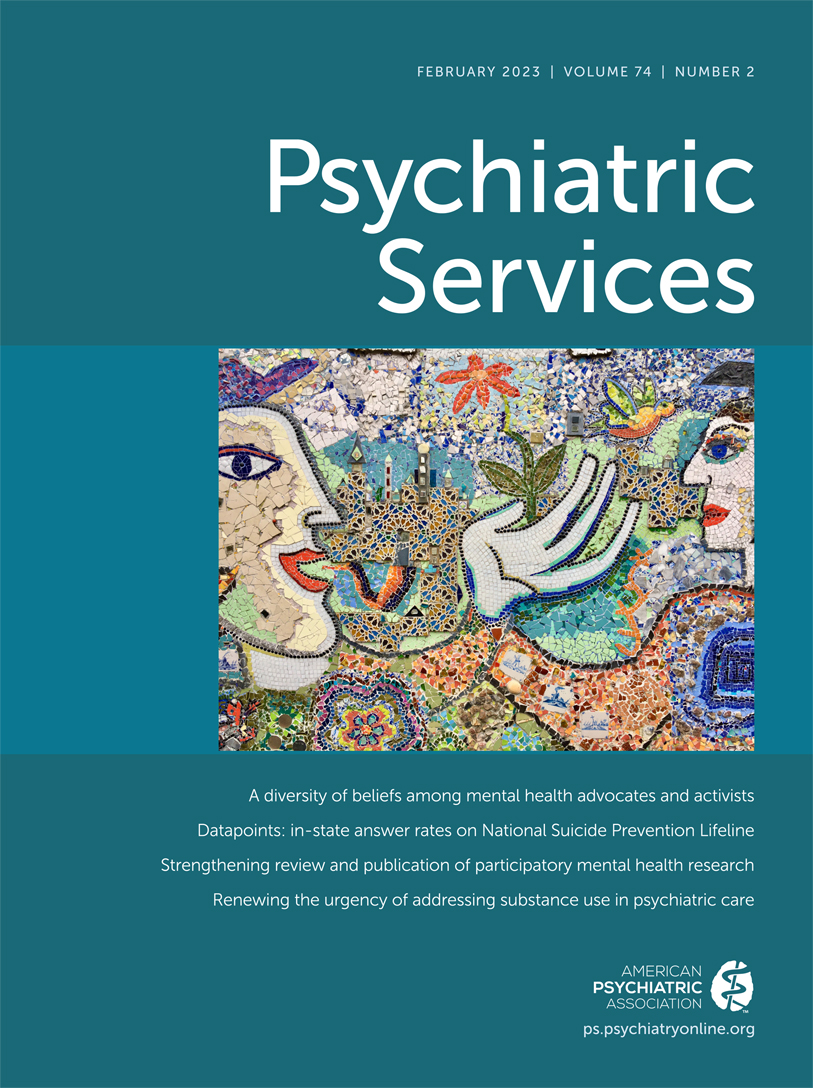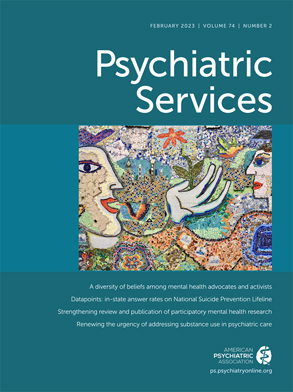TO THE EDITOR: Mills et al. (
1) are to be commended for their report on social inequalities in outcomes of treatment for major depressive disorder. In brief, their findings suggest that even in the context of a clinical trial in which participants were not subject to the “differential effects of financial barriers, health insurance coverage, and provider quality,” social factors were associated with a gradient in 12-week outcomes. This research is an important contribution because, as Mills et al. point out, there is a comparative lack of research on the consequences of socioeconomic status on depression treatment outcomes.
The research by Mills et al. (
1) is strengthened by placing its findings within the context of similar research that can be traced back at least as far as the work by Rickels et al. (
2) in the 1960s or the research by Cohen et al. (
3) from more than 15 years ago. In addition, Elwadhi and Cohen (
4), as well as Buckman et al. (
5), have published reviews of social inequalities in treatment outcomes in clinical trials for the treatment of depression. Both reviews reached conclusions similar to those reported by Mills et al. (
1). For example, income was positively associated with outcomes by Mills et al., as was reported in the reviews (assuming, in Buckman et al., that homeowners had higher incomes than renters), and unemployment was a predictor of poor outcomes in the research by Mills et al. and in the two reviews. In contrast, although Mills et al. found that educational attainment was a predictor of outcome, the two reviews had inconsistent findings in this regard. Further research is required to clarify whether educational attainment is a general predictor of depression treatment outcomes.
The next steps in this area of research should include the following. First, research must devote critical attention to the measurement of socioeconomic status. As noted by Elwadhi and Cohen (
4), measures of income, employment status, and educational attainment varied markedly across the studies included in their review. Second, researchers must provide rationales and evidence about how these measures might influence outcomes among the participants in a particular trial. Third, most work on social inequalities in depression treatment outcomes has examined relatively short-term outcomes, and outcomes need to be considered over the longer term (i.e., 2 years or more) to understand how the effects of social factors might weaken or strengthen over time. Fourth, Mills et al. (
1) are to be commended for investigating ethnicity as a risk factor. There is little research on this topic and much more is necessary. Fifth, identifying the mechanisms that underlie the relationships between social factors and depression treatment outcomes is essential. Finally, as important as it is to examine the influence of social factors on depression treatment outcomes, researchers must use what they know to implement social policies and psychiatric or psychological interventions to diminish existing inequalities.

